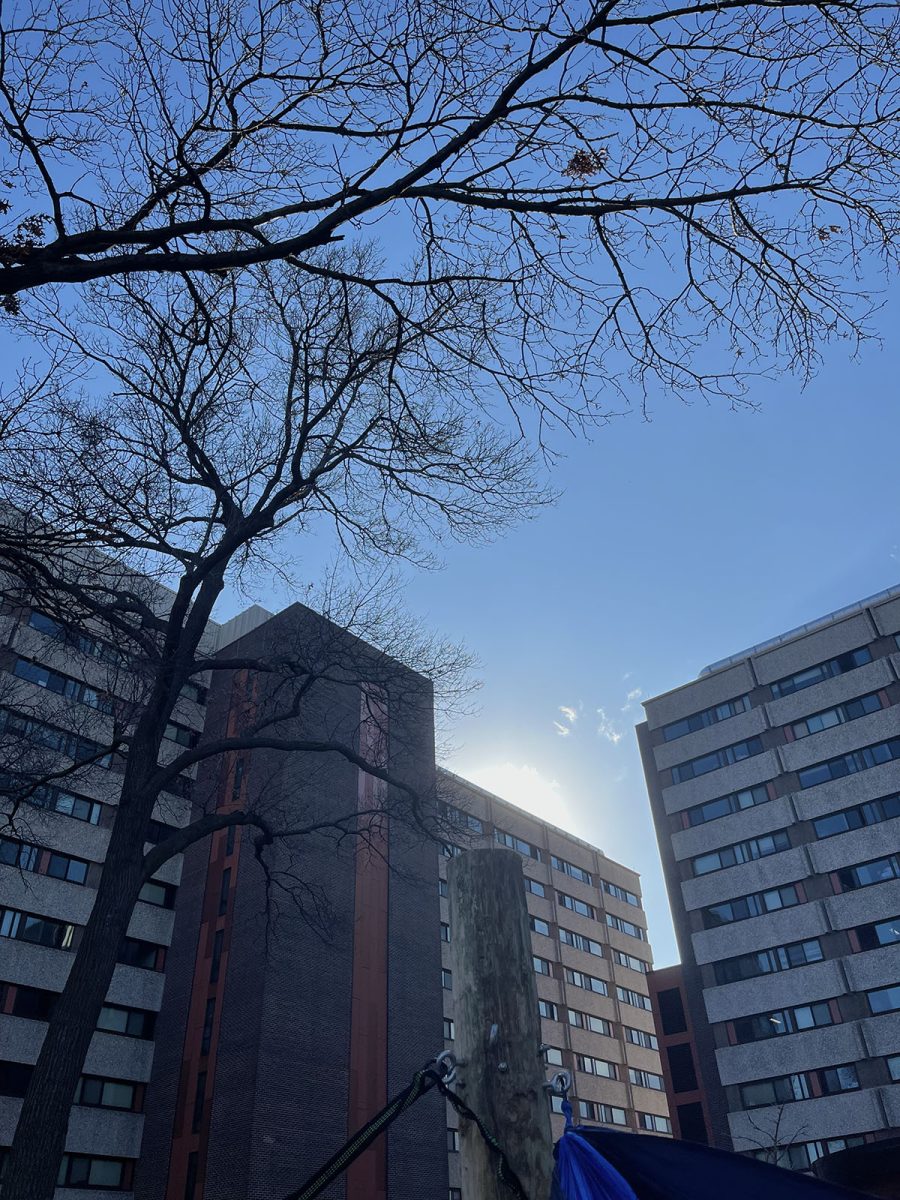Returning UW-Eau Claire students are faced with a new reality: being required to live on campus for their second year.
To match the rest of the Universities of Wisconsin, the decision was made for first-year students currently residing on campus to stay in campus housing for their second year. There are some exceptions and exemptions, but a majority of second-year students will remain on campus.
Phoebe Pilson, a second-year kinesiology student and the Student Senate housing coordinator, said this decision could be problematic for this month’s wave of housing selection and for incoming students over the summer.
“I don’t understand why that decision was made, especially with the current lack of housing,” Pilson said.
Quincy Chapman, director of Housing and Residence Life, said with the recent construction of new facilities, UW-Eau Claire is ready and able to abide by the Board of Regents policy.
“[It was] inherent in the plan to construct these facilities and the approval process to get them built was the assumption that the buildings would be full and that we would be in compliance with the Board of Regents policy once they were open,” Chapman said.
He clarified that this policy isn’t new, it is just being emphasized after the pandemic interrupted its implementation and described factors that went into the decision.
“The most important two factors that drive the live-on expectation include one student success — students who live in the residence halls perform better academically and are retained at the University at a significantly higher rate, which means better outcomes and less overall cost for them in the long run, and two University success — predictable enrollment in residence halls each year,” said Chapman.
Even with the recent completion of The Suites, Aspenson Mogenson, Haymarket Landing and Priory Hall, students still encounter issues with traditional residence halls because of their age. Sutherland Hall, which just turned 60 years old, was planned to be partially closed for renovations this year.
Even though the building still needs restorative projects, there currently isn’t enough housing to accommodate students during these projects.
“I think if they keep this rule in place, there wouldn’t be time to renovate Sutherland,” Pilson said.
Instead of closing Sutherland for renovations, basement dorms are being prepared for residents next semester, which increases the building’s capacity to 414 spots. This makes it the second largest apartment-style dorm, behind Towers Halls, which can house up to 1,119 people.
However, Chapman said some money will be set aside for Sutherland.
“There have not been any plans made or schedule set for a Sutherland renovation, although we have set aside some capital funding for behind-the-walls plumbing updates,” Chapman said.
Governors Hall was also due for renovations back in June 2020, but this was also postponed. Constructed in 1962, Governors is one of the oldest dormitories but has never had a “comprehensive renovation” according to the hall’s webpage.
The project would have given the building a new addition, which would connect every floor by a lobby, making Governors compliant with the Americans with Disabilities Act (ADA).
While this would have helped address accessible housing for students on campus after Putnam and Catherine Thomas Halls were torn down in 2022 to make room for the new science building, Governors is not yet accessible under the ADA.
The renovation would have closed the building for the 2020-2021 academic year, which ultimately led to the proposal being struck down. Chapman said this, along with the pandemic, contributed to the delay of the renovation.
Chapman has stated this doesn’t rule out a Governors renovation in the future, it is something that needs to be worked through in the UW System.
“It has not been rescheduled and we are in consultation with the UW System about when that might be placed back in the state-wide queue,” Chapman said. “But I do not expect that to happen for several more years.”
Oak Ridge’s alleged water issues are another concern for students. It not only impacts the buildings residents, but students in nearby dorms. Pilson, who lived in Oak Ridge her first year, faced these issues last year.
“During my freshman year, they had issues with asbestos and black mold,” Pilson said. “I was sick virtually the whole year and I think it was because of the prevalence of the mold.”
Justin Fizel is a first-year student currently living in Oak Ridge and has also had issues with the water and showers in the building.
“Oak Ridge definitely has had issues with the showers and water for a while now,” Fizel said. “They’ve shut off the water a few times to water fountains and showers due to unforeseen issues.”
Fizel has had to walk to other dorms several times, just to take a shower, brush his teeth and wash his face.
“Even though the housing director told us that people were trying their hardest to fix the water, I don’t think I would have picked Oak Ridge if I knew how big of an inconvenience it was going to be,” Fizel said.
Despite infrastructure issues in the older dorms, housing fees are expected to go up according to Chapman.
“Housing fees for the traditional halls have not been increased for the last couple of years,” Chapman said. “We do plan a modest increase in room fees this year and these are necessary to address a significant increase in the cost of utilities, labor and supplies.”
Despite concerns, Chapman states there will be enough space for all students who are waiting to select housing for the 2024-2025 academic year.
“We monitor actual occupancy daily, and analyze incoming student housing contracts weekly,” he said. “We have enough space for the next wave of room selection and for incoming students, as well as the next cohort of international students.”
Moris can be reached at morism2240@uwec.edu.








